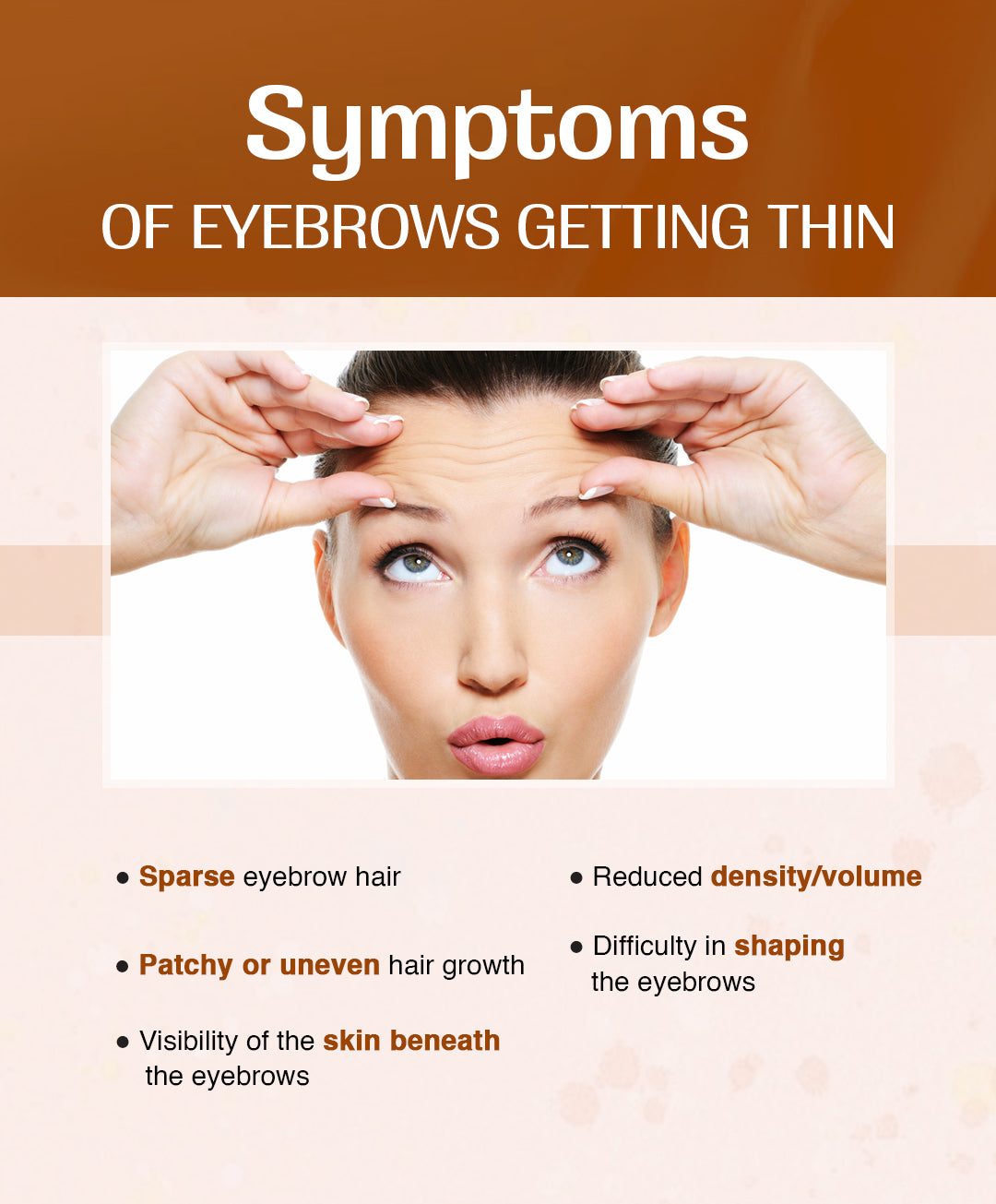
How to Restore Your Taste After COVID-19: Practical Steps for Quick Recovery
The journey to recovery after COVID-19 can be challenging, especially when it comes to the restoration of taste and smell. Many individuals experience a loss of taste as a common symptom of the virus, leading to not only a change in eating habits but also a significant impact on overall quality of life. Regaining the sense of taste involves understanding the underlying mechanisms of taste loss and implementing practical recovery strategies. In this article, we will explore effective methods and remedies, nutritional advice, and lifestyle changes that can facilitate a quicker and more effective recovery process.
Firstly, it’s important to realize that taste and smell are closely linked. When you lose one, the other often diminishes as well. Learning how to navigate these changes effectively can greatly enhance your overall recovery experience. By focusing on several key areas, such as olfactory training, dietary adjustments, and psychological support, individuals can work towards effectively regaining their sense of taste.
This article will cover various practical steps you can take to recover your taste after COVID-19, highlight foods that may help in this recovery, and provide insights into professional recommendations for managing taste loss. Key takeaways will include diverse recovery strategies and tips to foster a supportive environment for enhancing your taste sensation.
Essential Strategies for Taste Recovery After COVID-19
Understanding how to get your taste back after COVID is the first step in the recovery process. The following strategies focus on rebooting the taste buds while taking a holistic approach to healing.
1. Engage in Olfactory Training
Olfactory training post-COVID involves exposing yourself to strong scents to help recover taste. This technique stimulates the olfactory senses and can lead to improvement in taste perception. Consider using essential oils or aromatic spices during meal preparation to enhance sensory experiences. Scents such as citrus, herbs, and spices can be especially helpful.
Start by choosing four familiar scents, such as lemon, vanilla, chocolate, and clove. Smell each one for 20-30 seconds, once or twice a day. Over time, this may help with flavor reintegration after COVID.
2. Nutrition for Regaining Taste
Diet plays a critical role in restoring taste. Foods rich in zinc, like nuts, seeds, and leafy greens, are particularly beneficial as zinc is crucial for taste bud health. Citrus fruits can boost your overall taste sensitivity, while spicy foods, like cayenne pepper, have been shown to stimulate taste nerves effectively.
Consider incorporating a variety of colors and textures into your meals to engage the senses. Foods that enhance flavor recovery, such as garlic and onion, can also help deliver an appealing taste experience.
3. Hydration and Taste Recovery
Staying hydrated is vital for restoring taste and flavor perception. Water helps maintain mucosal membranes, which are important for the proper function of taste buds. Aim to drink at least eight 8-ounce glasses of water a day.
Herbal teas and broth-based soups not only keep you hydrated but can also add flavor and nutrition to your diet. For those struggling to enjoy food, consider non-caffeinated herbal options that can be both soothing and hydrating.
4. Holistic Approaches to Taste Restoration
Adopting a holistic approach to regain taste combines physical, psychological, and social elements. Engage in mindfulness practices while eating, which can help you focus on flavors and textures rather than experiencing anxiety about the loss of taste.
Sharing meals with friends or family can provide emotional support and enhance the sensory experience. Furthermore, community support for COVID recoverers can be a significant resource, providing encouragement and shared experiences.
5. Exploring Flavorful Cooking Techniques
Learning how to create flavorful meals post-COVID can be empowering. Use culinary herbs and spices generously in your cooking. Experiment with food flavoring techniques such as marinating proteins, roasting vegetables to bring out natural sweetness, and adding umami-rich ingredients, like mushrooms and tomatoes, to enhance flavors.
Engaging in creative cooking can stimulate your taste buds and offer a fun way to rediscover the joy of eating.
Doctor Recommendations for Taste Loss COVID
Consulting with health professionals for individualized recovery plans is crucial. Various supplements can support taste recovery, and professional guidance often includes advice on vitamins like B12 and zinc.
1. Importance of Supplements and Vitamins
Vitamin supplements for taste, particularly zinc, have specific importance in taste recovery, especially if the body is deficient in crucial nutrients. A doctor may recommend multivitamins or specific mineral supplements as part of your dietary plan. Monitoring and adjusting these levels under professional guidance ensures safety and efficacy.
2. Knowledge of Taste Disorders
Understanding taste disorders, such as ageusia or dysgeusia, can provide insights into your recovery process. These conditions can vary in duration and intensity following a COVID-19 infection. Doctor-patient discussions can help clarify recovery timelines for taste and smell.
3. Psychological Aspects of Taste Recovery
Emphasizing mental health during your taste recovery journey is vital. Coping with sensory loss can lead to feelings of frustration and isolation. Engaging in counseling or support groups offers emotional relief and practical recovery strategies.
4. Community Support Resources
Participating in community gatherings for COVID patients can enhance motivation and resilience. Sharing experiences, recipes, and tips fosters a collaborative recovery environment. Local health organizations might offer resources or workshops focused on enhancing taste and overall well-being.
Practical Tips for Improving Taste Post-COVID
Practical, everyday actions can significantly impact taste recovery. Here are beneficial tips you may consider implementing.
1. Create Engaging Culinary Combinations
Focus on combining flavors and textures to help make meals more appealing. Mixing sweet, sour, bitter, and salty elements can revive interest in eating. Try pairing citrus with savory dishes or sweet with spicy for unexpected flavor experiences.
2. Experiment with Texture
Engaging taste buds with textures can also enhance overall eating satisfaction. Combining crunchy, creamy, or chewy components can create a more satisfying meal experience. This strategy can detach the focus from reduced taste perception.
3. Importance of Mindful Eating
Practicing mindfulness while eating encourages awareness of tastes and sensations in food. Dedicate time to enjoy meals without distractions, focusing on each bite and savoring the flavors. This practice can help rekindle the joy of eating, despite taste loss.
4. Keep a Recovery Journal
Documenting your journey to better taste may help track progress and identify effective strategies. Include notes on food preferences, mood during mealtimes, or any challenges you encounter. This reflective practice can provide insights into what works best for you.
Questions and Answers About Taste Recovery
Returning to taste after COVID-19 brings many questions. Here are some answers to frequently asked inquiries regarding taste recovery.
1. How long does it usually take to regain taste after COVID-19?
Timing for taste recovery varies significantly from person to person. For many, taste may return within a few weeks, while others might experience longer recovery times. Seeking doctor advice for taste loss post-COVID is recommended for personalized guidance.
2. Are there any natural remedies for taste loss?
Yes, natural remedies such as ginger, honey, and citrus fruits are thought to help stimulate taste recovery. Incorporating these items into your diet might improve your overall experience as you work on regaining taste.
3. What impact does mental health have on taste perception?
Mental health plays a crucial role in how you perceive taste. Stress and anxiety can dampen taste sensations, making recovery even more challenging. Practicing relaxation techniques and seeking support can create a healthier mental environment for recovery.
4. Can diet affect taste loss recovery?
Absolutely! The role of nutrition in recovery is significant. Maintaining a balanced diet rich in vitamins and minerals can support the rebuilding of taste buds and overall sensory function.
5. What are some practical exercises to stimulate taste?
Engaging in taste retraining methods, such as regularly sampling varied flavors and trying new foods, can help stimulate taste sensations. Actively collaborating with professionals for sensory training can also provide valuable support in this area.
By understanding the complex relationship between taste and COVID-19 and using these practical steps for taste rehabilitation, you will be better equipped to manage your recovery journey towards regaining the joys of eating once again.

For a deeper exploration into improving taste after COVID-19 and related topics like the impact of COVID-19 on senses and how to utilize food therapy for taste recovery, check out these articles: Understanding the Impact of COVID-19 on Senses, Food Therapy for Taste Recovery.